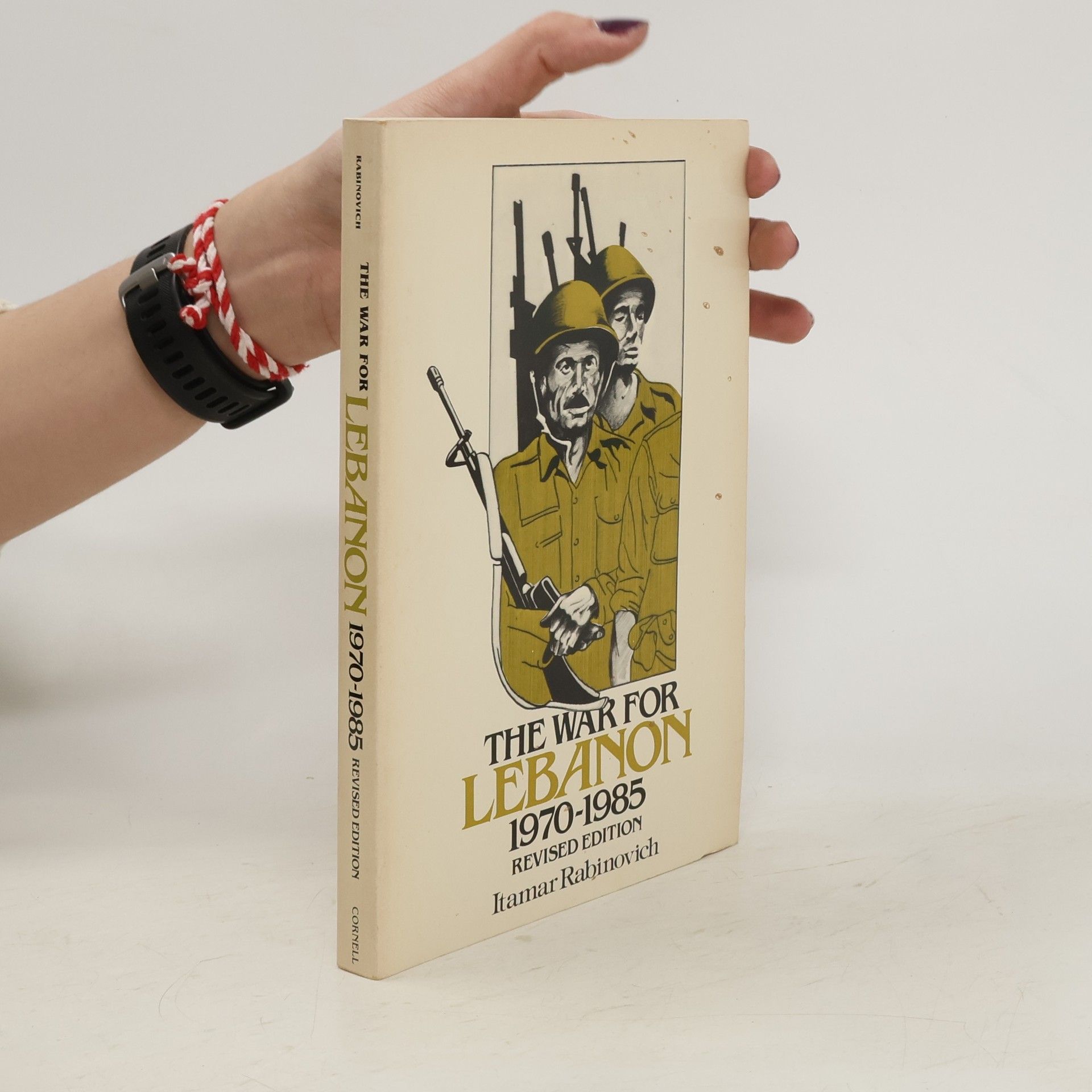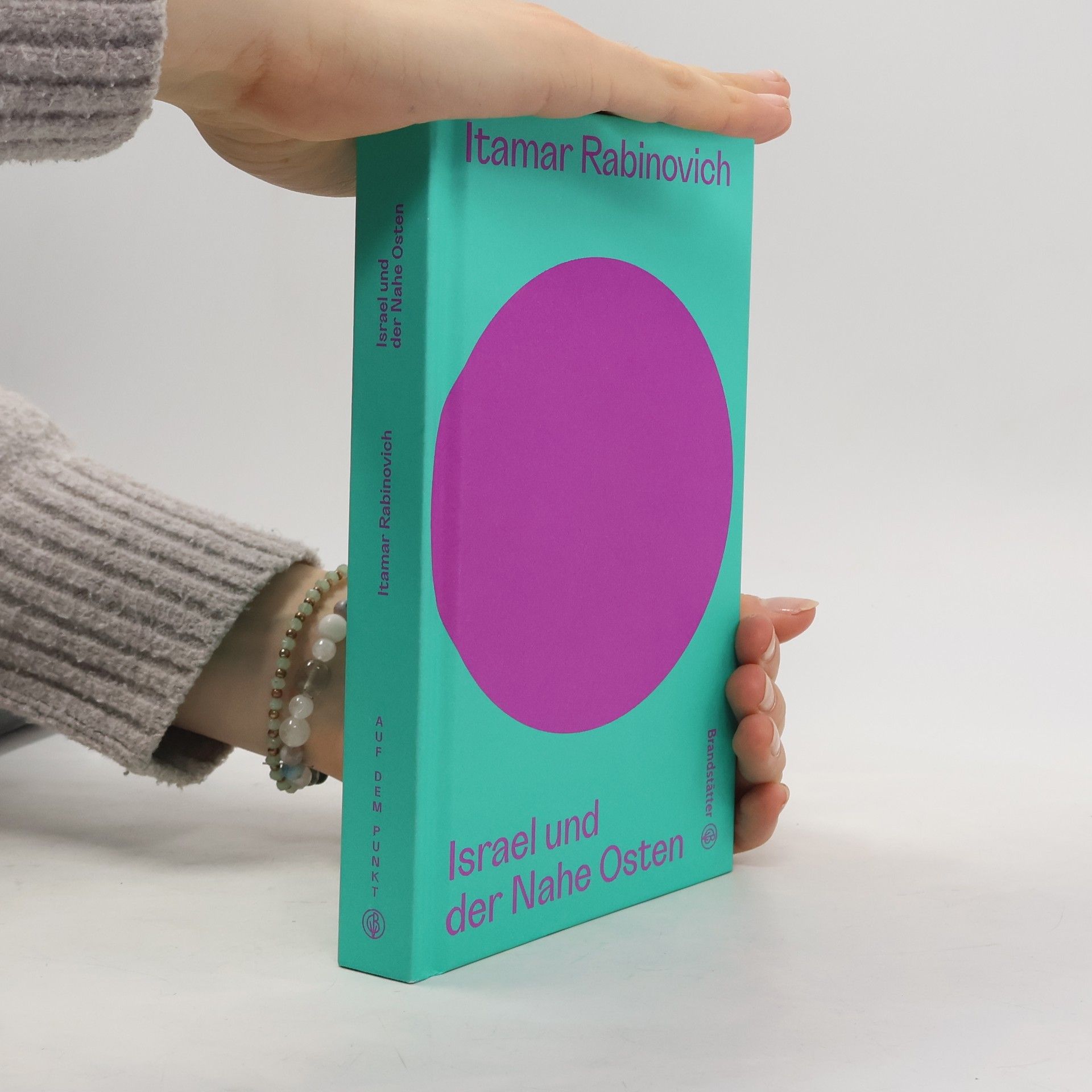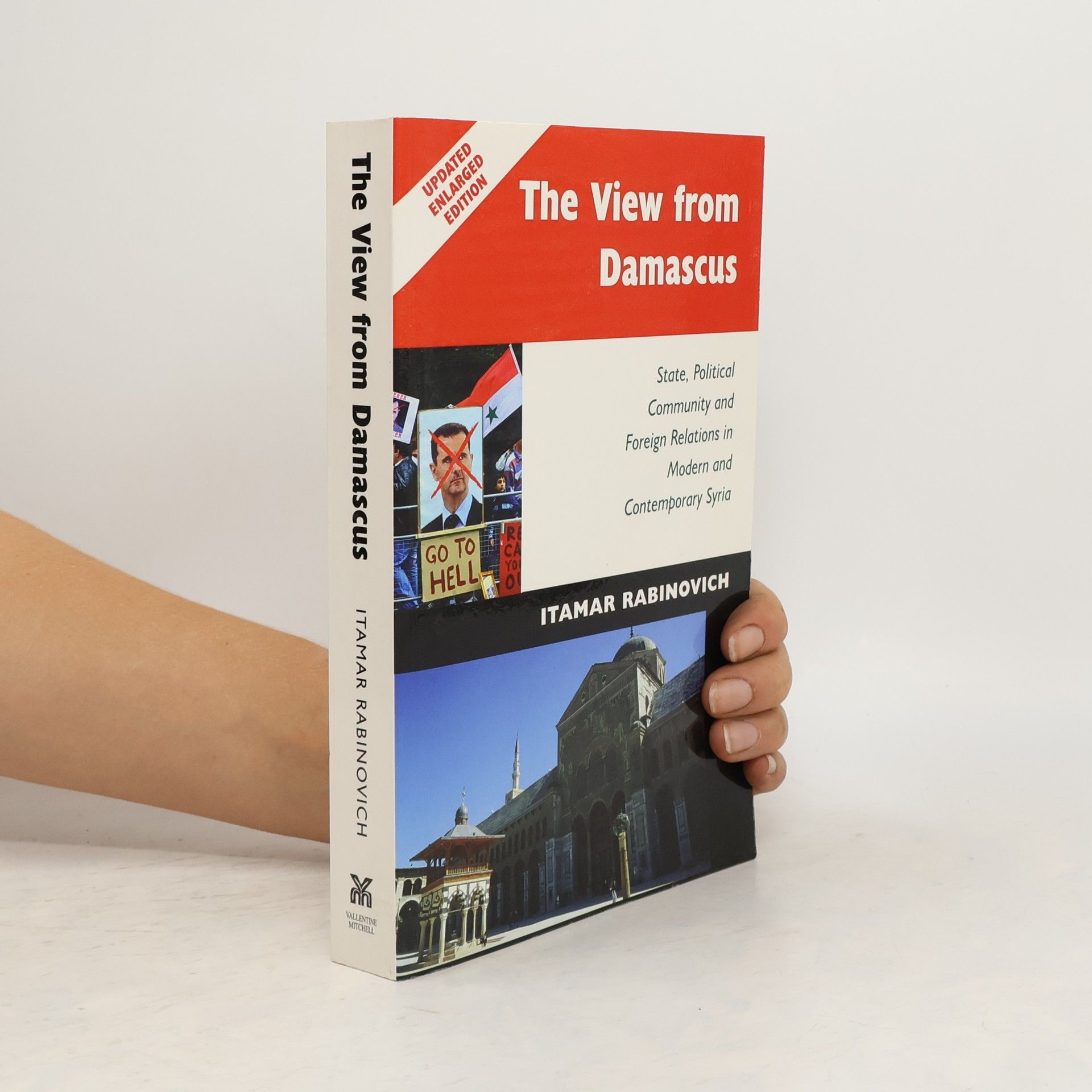Auf dem Punkt: Israel und der Nahe Osten
- 220 Seiten
- 8 Lesestunden
Inmitten der besorgniserregenden Spannungen im Nahen Osten liefert Itamar Rabinovich eine einzigartige Insider-Analyse des Nahostkonflikts, der vergangenen und möglicher künftiger Friedensprozesse. Er analysiert die arabisch-israelischen Beziehungen über den Palästina-Konflikt hinaus im größeren Kontext der regionalen und internationalen Politik, von der Rolle des Irans, Syriens und der Türkei bis zu jener der USA und Chinas. Wer die historischen Wurzeln und komplexen Dynamiken des Nahostkonflikts – von der Gründung Israels über die Abraham-Abkommen und den Terrorangriff der Hamas am 7. Oktober 2023 bis zu den aktuellen Geschehnissen – und die Risiken eines möglichen Kriegs verstehen will, kommt an dieser unverzichtbaren Orientierungshilfe nicht vorbei.




